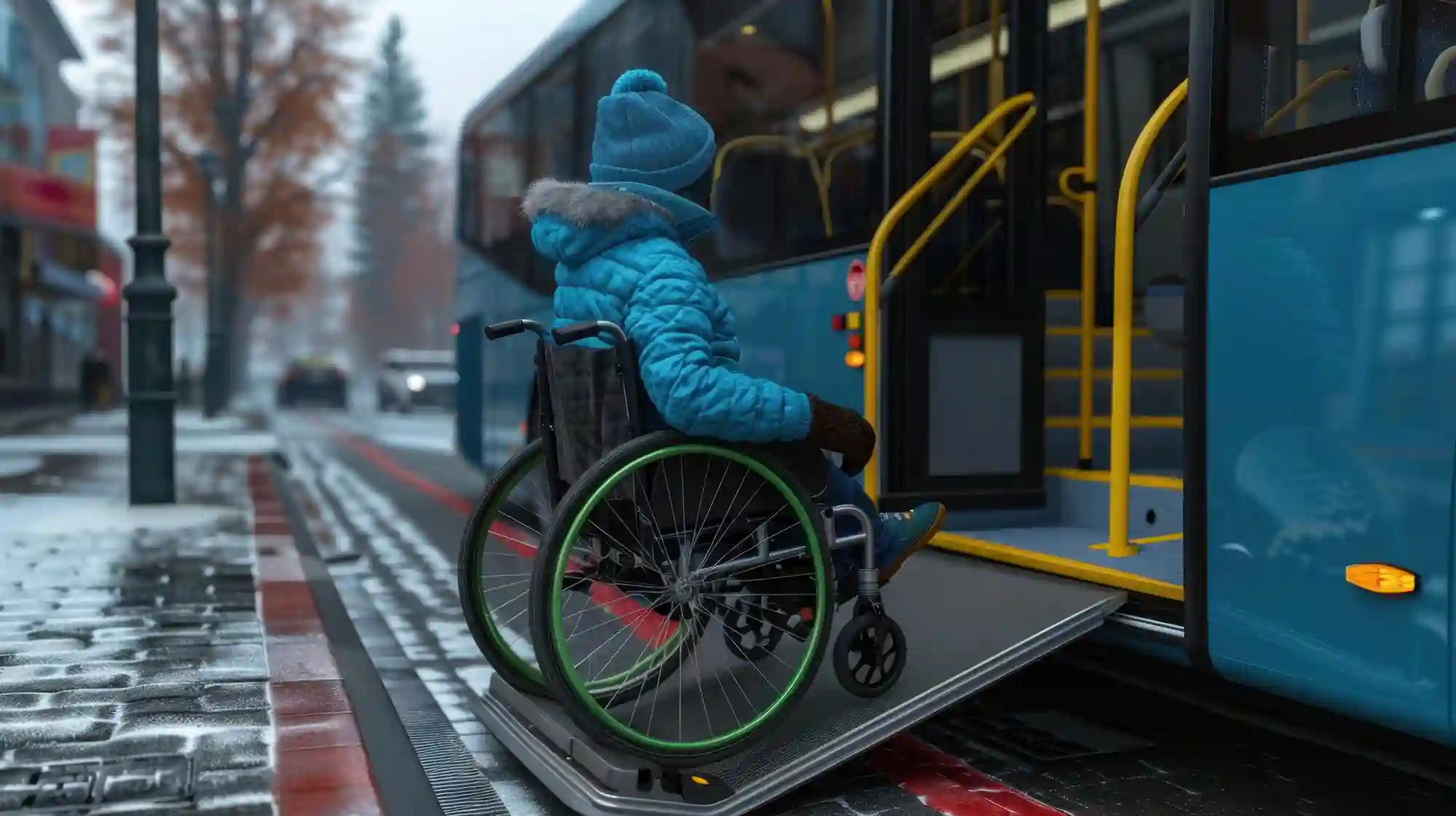Ensuring accessible and reliable transportation is essential for individuals with disabilities to maintain independence, access essential services, and participate in community life. Transportation support for people with disabilities plays a crucial role in enhancing mobility and improving overall quality of life. From government-funded services to private transport solutions, there are various disability transport options available to cater to different needs.
Understanding Transportation Support for People with Disabilities
Navigating transportation can be challenging for individuals with disabilities due to mobility limitations, accessibility barriers, and financial constraints. Thankfully, there are structured NDIS transport services and other support programs that offer tailored solutions to help individuals travel safely and conveniently. These services provide access to work, education, medical appointments, and social activities without compromising comfort or safety.
NDIS Transport Services: A Reliable Solution
The National Disability Insurance Scheme (NDIS) offers funding for transportation support for people with disabilities, ensuring they can travel independently or with assistance. NDIS transport services cater to participants who cannot use public transportation due to mobility impairments or other challenges. These services include:
- Funded transport assistance: Participants may receive financial support to cover the cost of taxis, rideshare services, or community transport.
- Specialist disability transport providers: These services are tailored for individuals requiring additional support during transit.
- Travel training programs: Designed to help people with disabilities develop the confidence and skills needed to use public transportation independently.
For those residing in the Port Stephens area, reliable NDIS Service Providers in Port Stephens offer a range of transport services to meet individual needs.
Disability Transport Options Available
Beyond NDIS transport services, there are various disability transport options designed to cater to diverse requirements. Some of the most effective solutions include:
1. Public Transport with Accessibility Features
Many public transportation systems have introduced accessibility features such as:
- Wheelchair-accessible buses and trains
- Priority seating for passengers with disabilities
- Audio and visual announcements for individuals with vision or hearing impairments
- Lift or ramp access at major train stations and bus stops
2. Community Transport Services
Community-run transport services offer door-to-door assistance for individuals who cannot access regular public transport. These services are typically available at subsidized rates and help with medical appointments, shopping trips, and social outings.
3. Taxi and Rideshare Services
Many taxi and rideshare companies provide accessible vehicle options, including wheelchair-accessible taxis. Government subsidies or NDIS transport services may help cover these costs for eligible individuals.
4. Private Transport Assistance
Some individuals may require private transport options tailored to their specific needs. This could include:
- Modified personal vehicles equipped with wheelchair lifts
- Carer-assisted travel services
- Hiring a private driver trained in disability support
5. Transport Support from Disability Care Providers
Many disability care providers, including NDIS Service Providers in Port Stephens, offer transport support as part of their services. This ensures individuals can attend medical appointments, educational programs, or recreational activities with minimal hassle.
Choosing the Right Transport Support Service
Selecting the right disability transport options depends on several factors, including:
- Individual mobility needs and level of assistance required
- Availability of NDIS transport services or other funding options
- Proximity to accessible public transport routes
- Frequency and purpose of travel
Consulting with NDIS Service Providers like Port Stephens Disability Care can help individuals determine the best transportation solutions based on their personal needs and eligibility for funding support.
Conclusion
Accessible transportation is a fundamental need for individuals with disabilities, enabling them to lead independent and fulfilling lives. Whether through NDIS transport services, community programs, or private options, transportation support for people with disabilities ensures everyone has the opportunity to move freely and participate fully in society. By exploring various disability transport options, individuals can find a reliable and tailored solution that meets their specific mobility needs.



